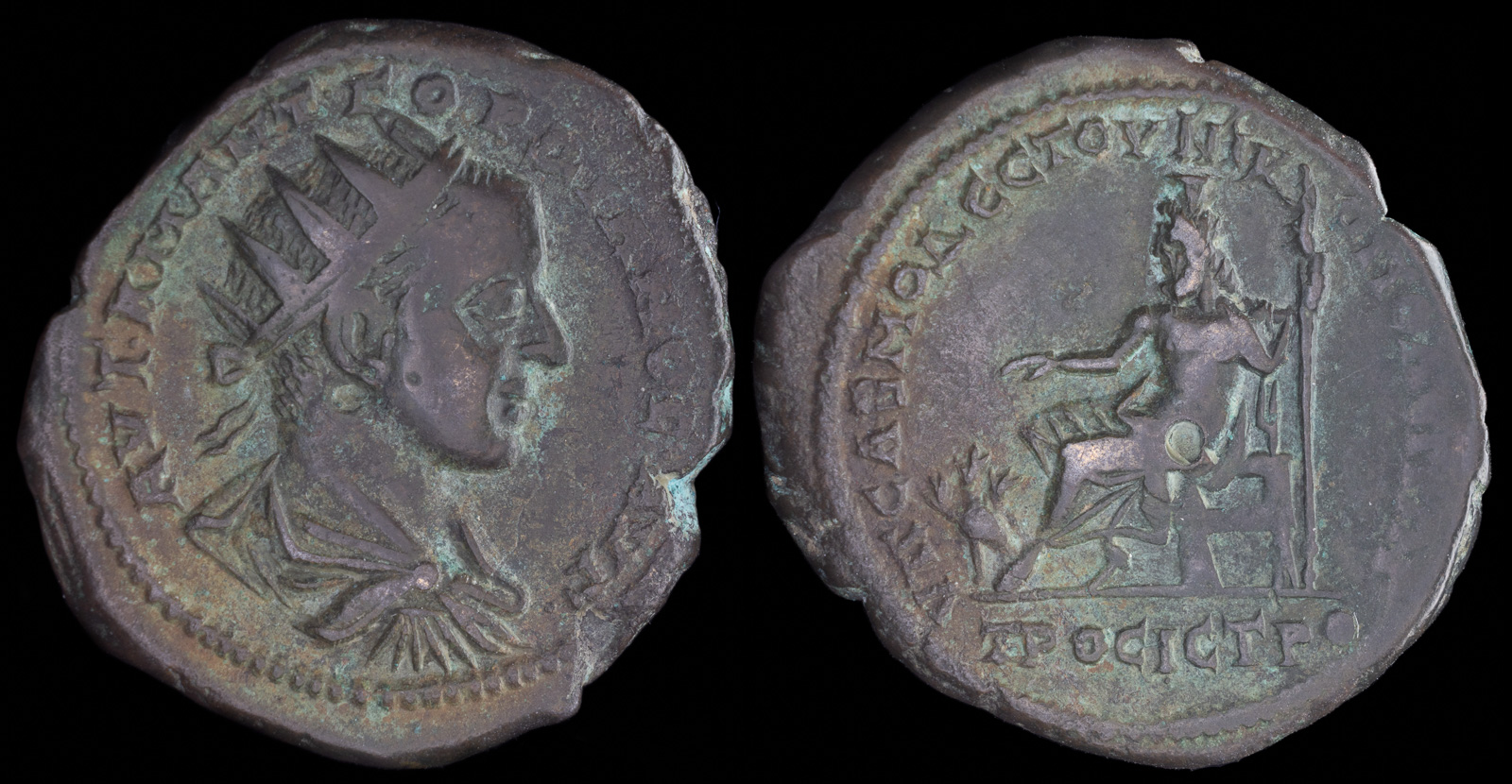Hades
View All Tags
As the ruler of the dead, Hades’ primary duty was to govern the souls of the deceased and maintain order in his dark realm. He was not considered evil or malevolent, but rather a stern and impartial god, overseeing the passage of souls to their respective fates. Judgment of the souls was a key aspect of his role. Upon arriving in the Underworld, souls were judged by Minos, Rhadamanthys, and Aeacus, three judges who determined whether they would be sent to the Elysian Fields (a paradise for the virtuous) or to Tartarus (a place of punishment for the wicked). While Hades himself did not personally judge souls, he was the one who enforced the consequences of their actions in life.
Another crucial duty of Hades was to preside over the dead and ensure the smooth operation of the Underworld’s various realms. This involved maintaining the flow of souls and ensuring that they stayed in their proper places, preventing the dead from escaping or disturbing the natural order. Hades’ control over death also made him a figure of immense power, as death was seen as an irreversible and unchangeable force in the ancient Greek worldview. He ruled alongside his queen, Persephone, whom he abducted to the Underworld and married. Persephone played an important role in the seasonal cycles, symbolizing the renewal of life and the inevitability of death, and her presence in the Underworld helped balance Hades’ darker nature.
While Hades was often associated with death and the Underworld, his duties were not purely destructive. He was also the god of wealth, for the Underworld was believed to contain vast treasures, including the precious metals buried with the dead. As the lord of these riches, Hades was linked to the concept of material wealth. This connection is evident in the myth of King Midas, who was given the ability to turn everything he touched into gold, a gift from the god of wealth himself. Additionally, Hades was responsible for overseeing the flow of rivers in the Underworld, such as the Styx, which separated the world of the living from the realm of the dead, and the Lethe, whose waters caused the souls to forget their past lives.

Moesia Inferior, Nikopolis ad Istrum
Gordian III 238-244 CE
Sabinus Modestus, legatus Augusti pro praetore.
Æ 29mm, 12,67g
Obv: ΑΥΤ Κ Μ ΑΝΤ ΓΟΡΔΙΑΝΟϹ ΑΥΓ. Laureate, draped and cuirassed bust right
Rev: ΥΠ ϹΑΒ ΜΟΔЄϹΤΟΥ ΝΙΚΟΠΟΛЄΙΤΩΝ ΠΡΟϹ ΙϹΤΡΟ. Serapis seated left, extending arm over Cerberus, and holding sceptre
RPC VII.2 1300; AMNG 2046